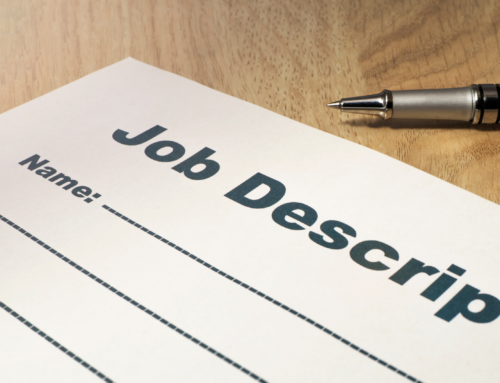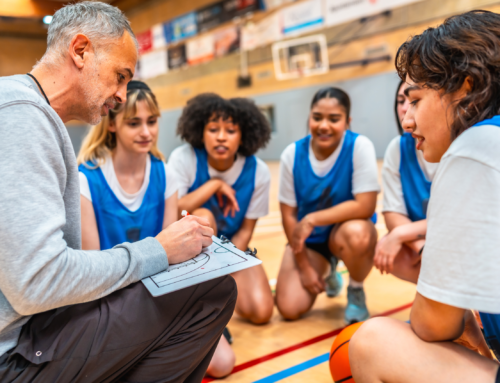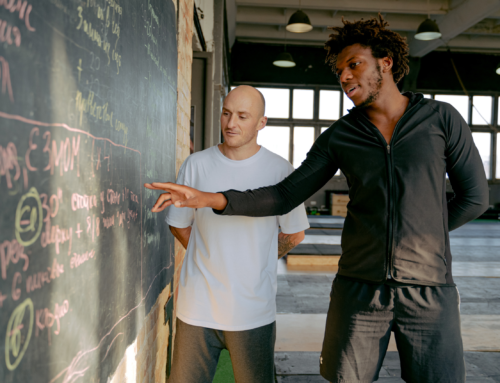Collegiate athletics is undergoing a transformative shift: athletic departments nationwide are rapidly expanding their mental health services by hiring dedicated professionals to support student-athletes. This trend is driven by a growing recognition of the unique psychological pressures faced by athletes, new NCAA mandates, and a cultural push to destigmatize mental health care in sports.
Who Is Hiring and What Roles Are Available?
Universities across the country, including Duke, Rice, Pittsburgh, Houston, Cornell, St. Bonaventure, Norfolk State, and Wichita State, are actively recruiting mental health professionals for roles embedded within their athletic departments. Positions range from Assistant Athletic Directors for Mental Health and Performance to Sport Psychologists and Mental Health Counselors, as well as Directors of Student-Athlete Well-Being.
These professionals provide a spectrum of services:
- Individual and group counseling
- Crisis intervention and management
- Mental skills training and performance enhancement
- Educational workshops for athletes and staff
- Outreach and stigma reduction initiatives
- Collaboration with coaches, trainers, and campus mental health resources
Why the Surge in Demand?
Several factors are fueling this hiring boom:
- NCAA Mandates: The NCAA now requires annual mental health screenings for student-athletes and mandates that licensed professionals must provide care.
- Increased Awareness: High-profile athlete mental health crises and suicides have prompted athletic departments to prioritize mental health as much as physical health.
Performance and Well-Being: Universities recognize that supporting athletes’ mental health is crucial for both performance and retention.
What Training and Credentials Do You Need?
Education and Licensure:
- Most positions require at least a master’s degree in counseling, clinical psychology, sports psychology, social work, or a related field.
- Licensure or license-eligibility as a counselor, psychologist, social worker, or marriage and family therapist in the relevant state is typically mandatory.
- Some roles, especially at the director or assistant athletic director level, prefer or require a doctoral degree (PhD or PsyD) in psychology or sports psychology.
Specialized Training:
- Experience working with student-athletes or in a collegiate athletics setting is highly valued.
- Certifications such as the Certified Mental Performance Consultant (CMPC) or advanced sport psychology credentials can make candidates more competitive in the job market.
- Continuing education in areas like Mental Health First Aid, crisis intervention, and multicultural counseling is encouraged and sometimes required.
Key Skills:
- Understanding of the unique pressures and challenges faced by collegiate athletes (injury, performance anxiety, balancing academics and athletics)
- Ability to provide both clinical care and performance enhancement strategies
- Strong communication and collaboration skills for working with multidisciplinary teams (coaches, trainers, administrators).
- Commitment to diversity, equity, and inclusion in mental health care.
What Makes This Field Unique?
- Embedded Roles: Many positions are physically located within athletic departments, allowing for immediate, athlete-centered support and collaboration with sports staff.
- Interprofessional Teams: Athletic mental health services often involve collaboration among psychologists, social workers, athletic trainers, nutritionists, and medical staff/
- Proactive Programming: Beyond counseling, professionals are expected to lead educational workshops, develop mental health action plans, and foster a culture of help-seeking and resilience.
How to Stand Out as a Job Seeker
- Pursue Dual Credentials: Combining clinical licensure with certifications in sport psychology or mental performance enhances marketability.
- Gain Experience with Athletes: Internships, practicums, or volunteer work in athletic or performance settings are highly valued.
Stay Current: Keep up with NCAA best practices, mental health law, and emerging trends in athlete mental health.
Demonstrate Cultural Competence: Show a commitment to diversity and the ability to work with athletes from varied backgrounds.
The Outlook
This is a rapidly growing and impactful field with expanding opportunities at all levels of collegiate athletics. As universities continue to invest in the holistic well-being of their athletes, the demand for skilled, compassionate mental health professionals in sports will only increase.
If you are passionate about mental health and possess the necessary credentials, now is the time to explore a career supporting the next generation of athletes, both on and off the field. Contact Gillmann Services today to get started.







